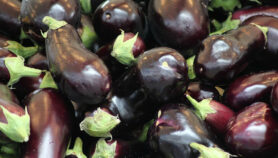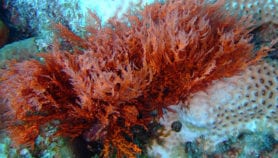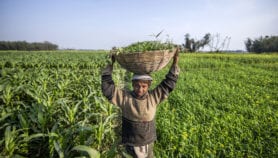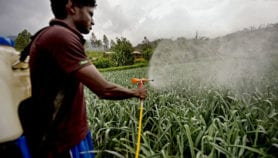By: Mike Shanahan
Send to a friend
The details you provide on this page will not be used to send unsolicited email, and will not be sold to a 3rd party. See privacy policy.
In what the European Union’s environment commissioner Stavros Dimas has called a “landmark” decision, 132 countries have agreed rules on the international trade in products containing genetically modified (GM) organisms.
The rulings, made at last week’s meeting of parties to the Cartagena Protocol on Biosafety, centre on how such products are labelled.
It says any shipments containing GM organisms must state this, and identify which organisms are present, what their intended use is, and how they have been modified.
If it is not possible to identify the GM organisms, shipments must bear a label saying that they “may contain” modified organisms.
Countries that are party to the protocol will have four years to implement the rule.
“This decision sets out documentation requirements that are clear, meaningful and practical for both exporters and importers of agricultural products,” said Dimas in a press release.
“It provides for legal certainty for the international trade in agricultural commodities. As such, it is a landmark decision that bolsters the role of the Cartagena Protocol.”
The protocol is part of the UN Convention on Biological Diversity. It is intended to protect biodiversity and human health from the potentially harmful effects of GM products by regulating their international trade.
Parties to the protocol also agreed last week to help developing countries by strengthening their ability to implement the protocol.
During negotiations, Mexico initially resisted mandatory labelling and was later backed by Paraguay. Both countries import and export GM foods.
Mexico eventually relented, but did add a clause stating that the labelling rules would not apply to transactions in which one country is not party to the protocol.
Two of the world’s biggest exporters of GM products, the United States and Argentina, are not parties to the Cartagena Protocol.
The next meeting of the parties, in four years’ time, will assess how well the labelling rule has been implemented.













